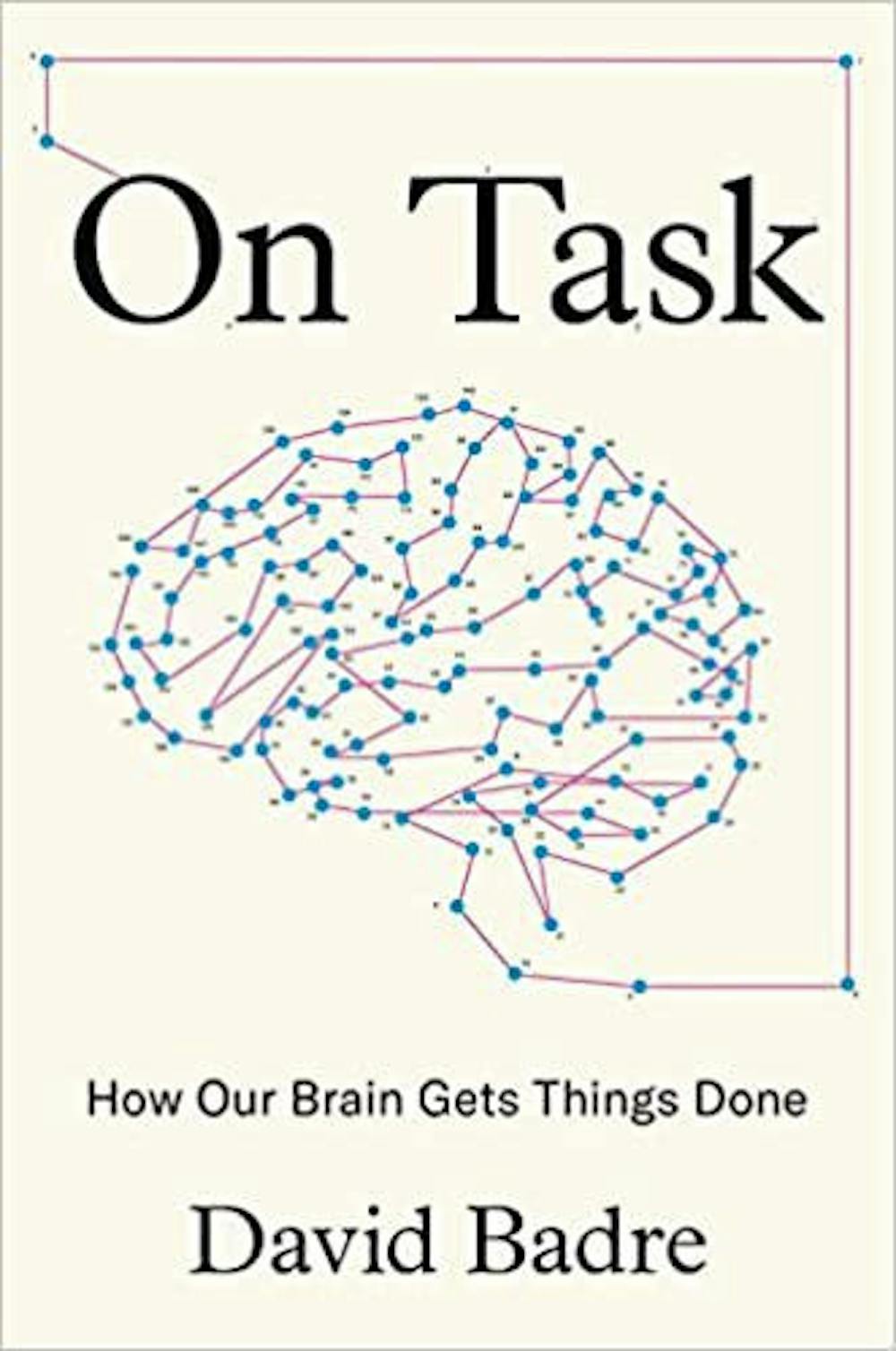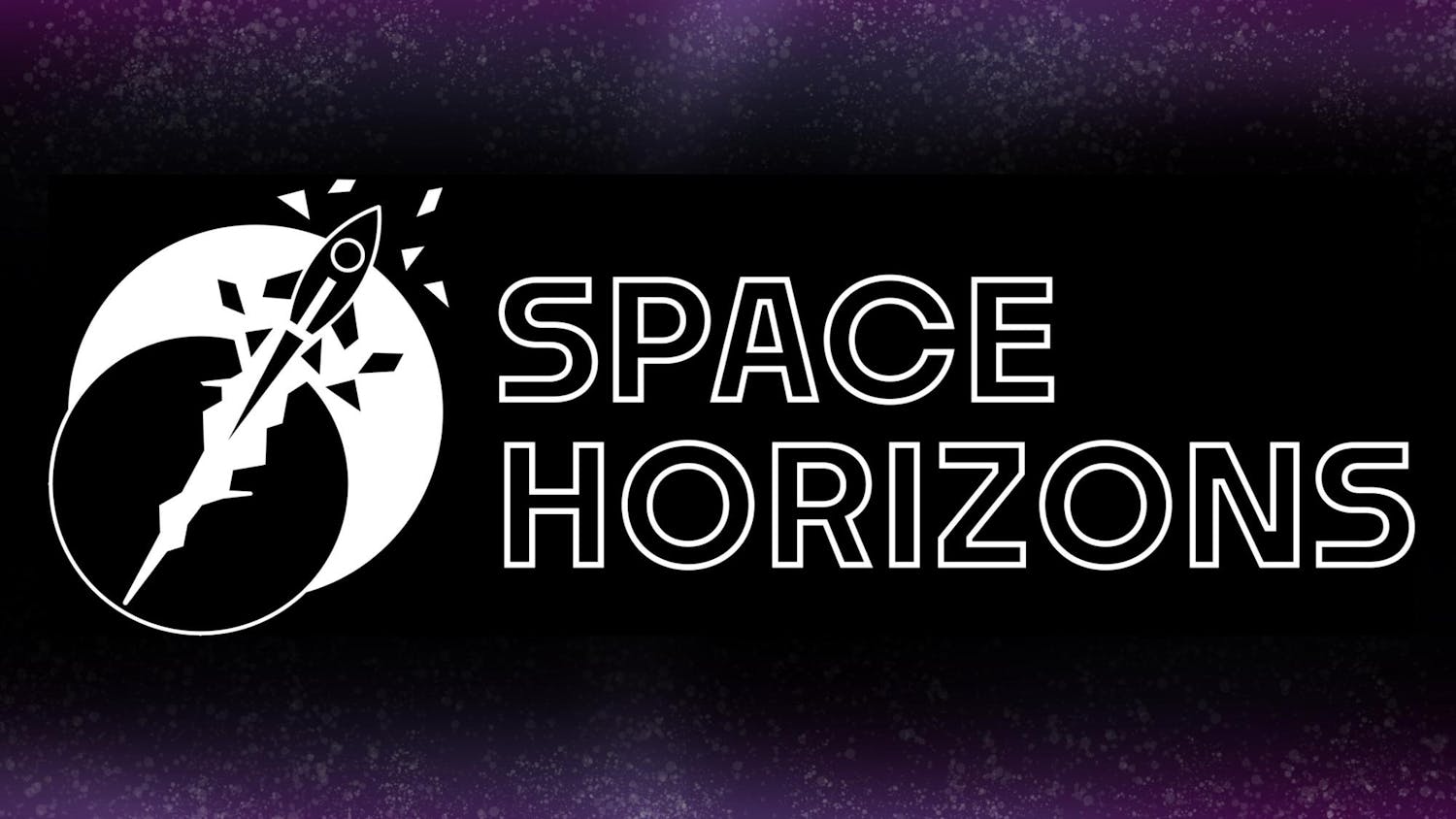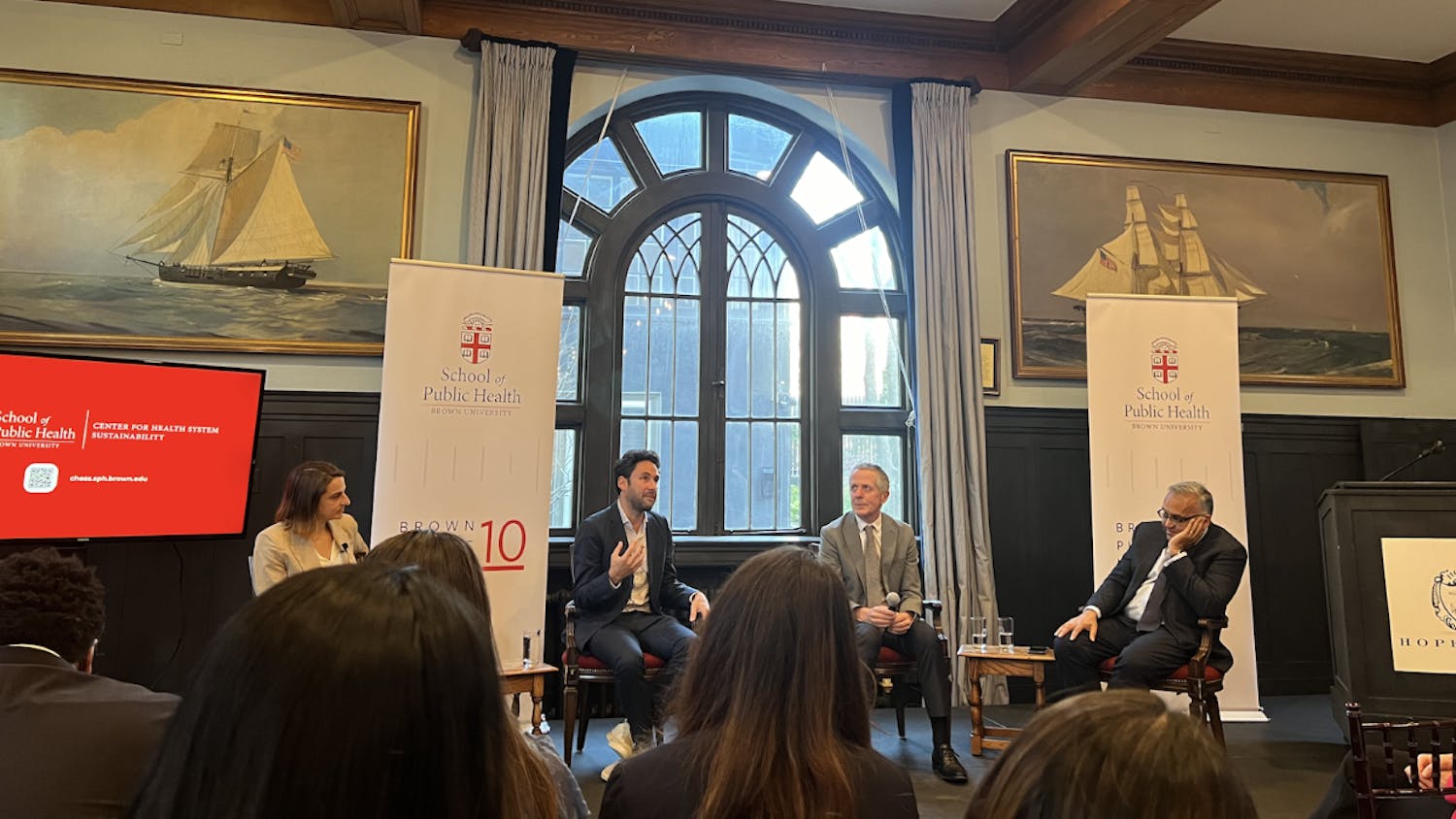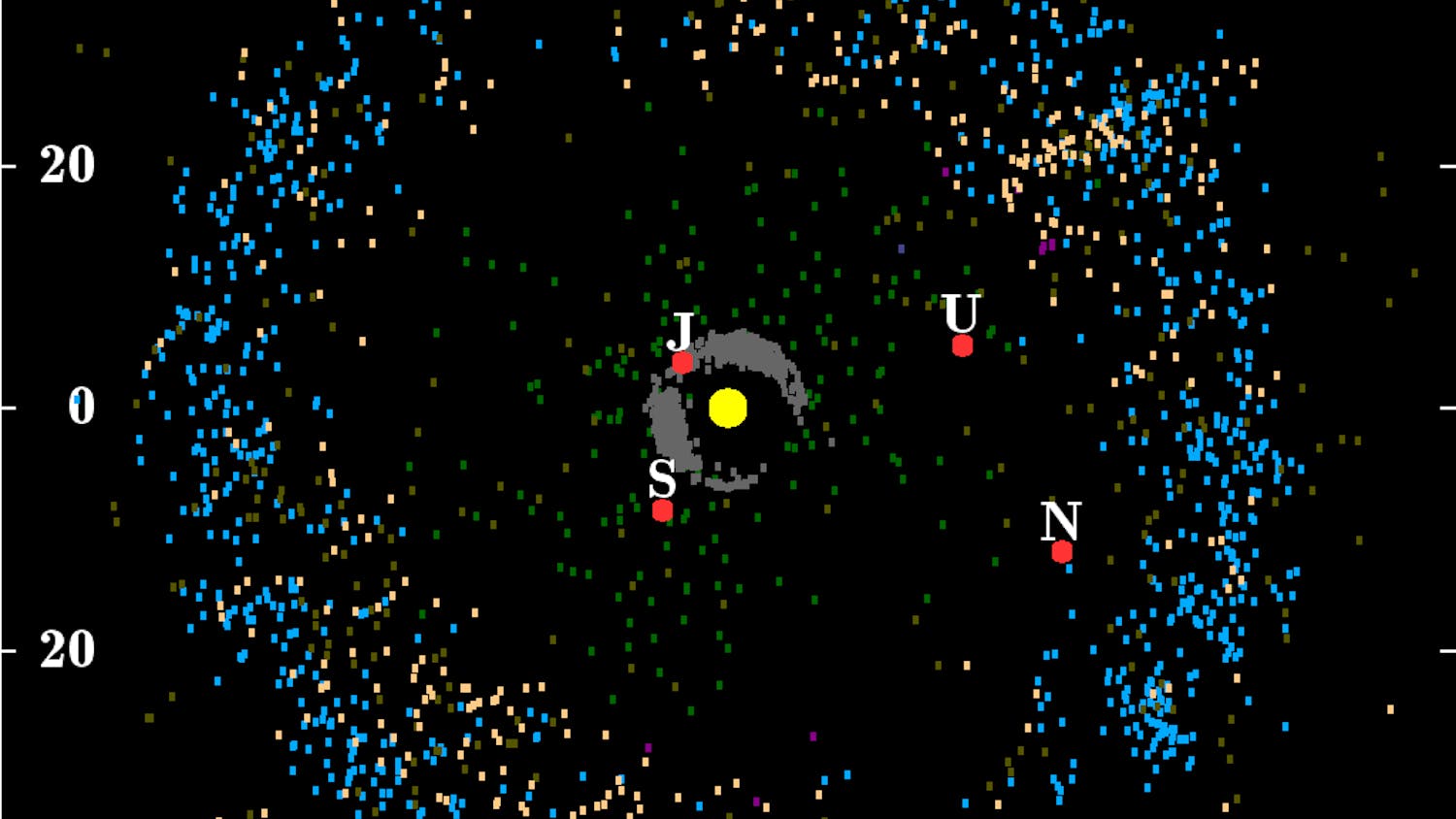David Badre, professor of cognitive, linguistic and psychological sciences, released his first book “On Task: How Our Brain Gets Things Done” in early November.
Badre’s debut book explores the topic of cognitive control, the process through which individuals connect goals, thoughts and norms with their behavior. The term applies to how our brain plans and executes actions, in situations ranging from ignoring a text while driving to adapting to daily life during the COVID-19 pandemic.
Badre has taught at the University since 2008, and serves as principal investigator at the Badre Lab, which “studies neural systems that support the cognitive control of memory and action,” according to the lab’s website. He is also an affiliated faculty member at the Carney Institute for Brain Science, a center for neurological research at the University.
For Badre, work on cognitive control taps into his fascination with human “ingenuity and flexibility” in adapting to new situations.
“I’ve always been interested in understanding why we do the kinds of things we do, and why we behave the way we do,” Badre said. He pointed to how humans have adapted to the COVID-19 pandemic by radically changing our everyday lives as an example of that flexibility. This capability is unique to the human species and has yet to be achieved by artificial intelligence, he added.
Badre’s book begins with the idea of “connecting knowledge and action,” a theme which runs throughout the work. “On Task'' discusses topics such as the development of cognitive control from childhood, the science behind the difficulty of multitasking and cognitive control’s relevance to inaction around climate change.
“On Task” is filled with examples of case studies of patients and everyday scenarios that illustrate scientific concepts.
In one section, Badre discusses the mechanism behind “working memory gating.” He explains the concept by using an example of receiving a notification on your phone while driving. If you were in another situation, the phone’s vibration would serve as a strong cue to pick up the phone. However, knowing the danger of texting while driving, you override that tendency by holding, temporarily in your memory, the notion that checking your phone is not acceptable. The metaphorical “gate” which protects the temporary, or working memory, can be opened and updated with new information for how to behave at the situation at hand — after leaving the car, you can now pick up the phone.
Badre wrote “On Task” with both field specialists and laypeople in mind, and credits his experience teaching as a professor and working as a scientist at the University for easing the process. “I can try to integrate the topics that have been the concern of scientists … but also (address) questions of relevance … to people more broadly,” he said.
The book may also be helpful in understanding the toll of the current COVID-19 pandemic, where mental fatigue is pervasive. “We should expect (fatigue), given what we're dealing with in terms of our cognitive control system right now,” Badre said. “Understanding more about the mind and about the brain does give us some insight into our own actions, and I think there's some solace in that.”
The idea to write “On Task” came from a sabbatical spent reading numerous books, Badre said. As a scientist often producing project-oriented work, writing a book appealed to him as a “chance to take a step back and really think about things that are broad-level.”
The Princeton University Press happened to approach Badre at the end of his sabbatical. With his idea of connecting knowledge and action with cognitive control in mind, “the timing was right,” Badre said.
Roshan Cools, professor of cognitive neuropsychiatry at Radboud University Medical Center in the Netherlands, has included “On Task” as reading for students in her classes. Cools hopes that the book inspires interest about cognitive control in both the general public and academia. Badre “wrote it in such a way that I also thought again, wow, I'm studying such a cool topic,” she said.
Cognitive “control is generative … it’s really about imposing novel goals, and also novel trajectories towards those goals. I think that generative element is beautifully illustrated in his book,” Cools added.
Daniel Schacter, William R. Kenan, Jr. professor of psychology at Harvard, also praised the book. It “does a great job of bringing out the importance of cognitive control in so many domains of everyday life, and, at the same time, showing how the tools of cognitive neuroscience can be used to understand the underlying mechanisms” of cognitive control, Schacter wrote in an email to The Herald.
“‘On Task’ strikes just the right balance between being accessible to non-experts while providing a valuable integration of findings and ideas for experts,” Schacter added.
In an opening paragraph of the book, after questioning what mental processes allow us to make a cup of coffee, Badre writes: “Questions like these fascinate me because they lie close to the heart of what it means to be human.”
There is a common notion that science demystifies the world, Badre said. But, he hopes that readers of his book will see that, through science, “there’s so much more mystery there than (they) ever imagined.”

ADVERTISEMENT




